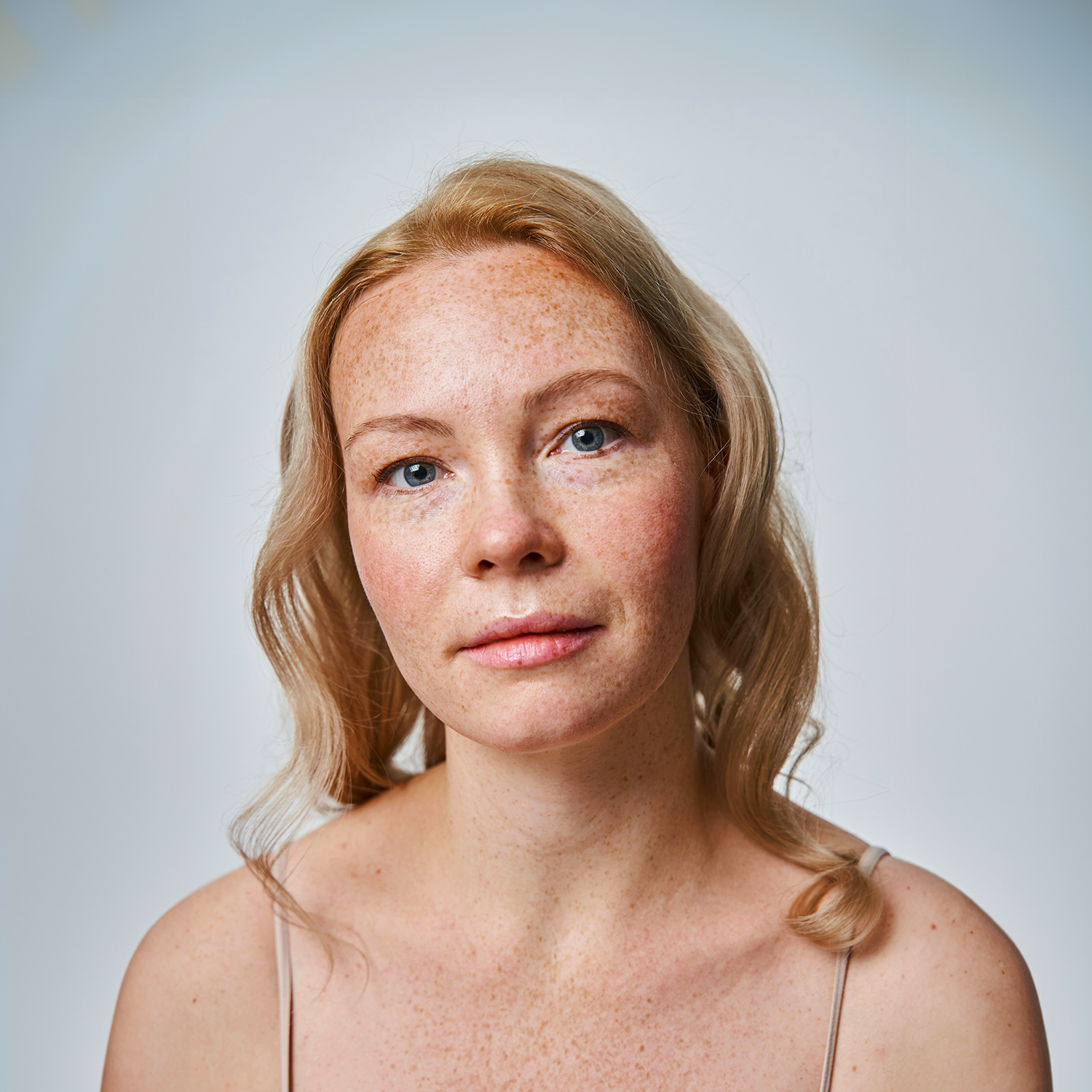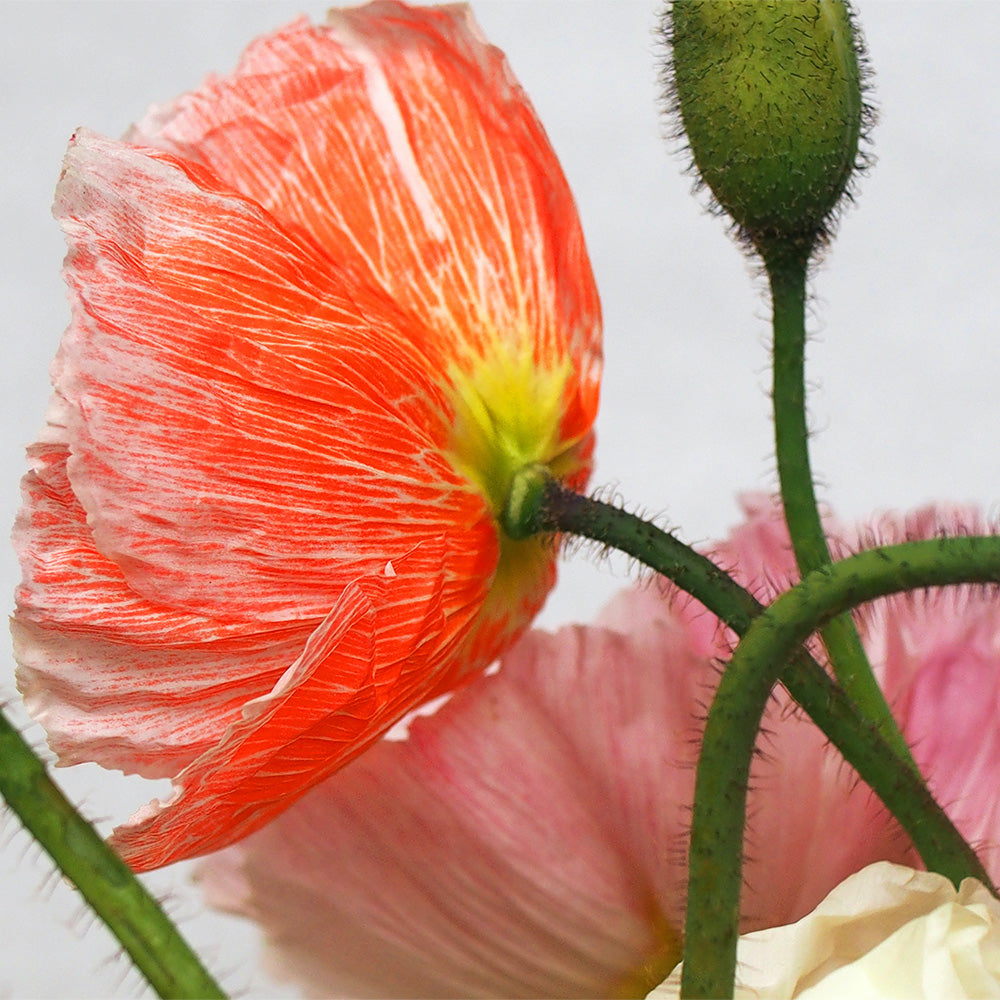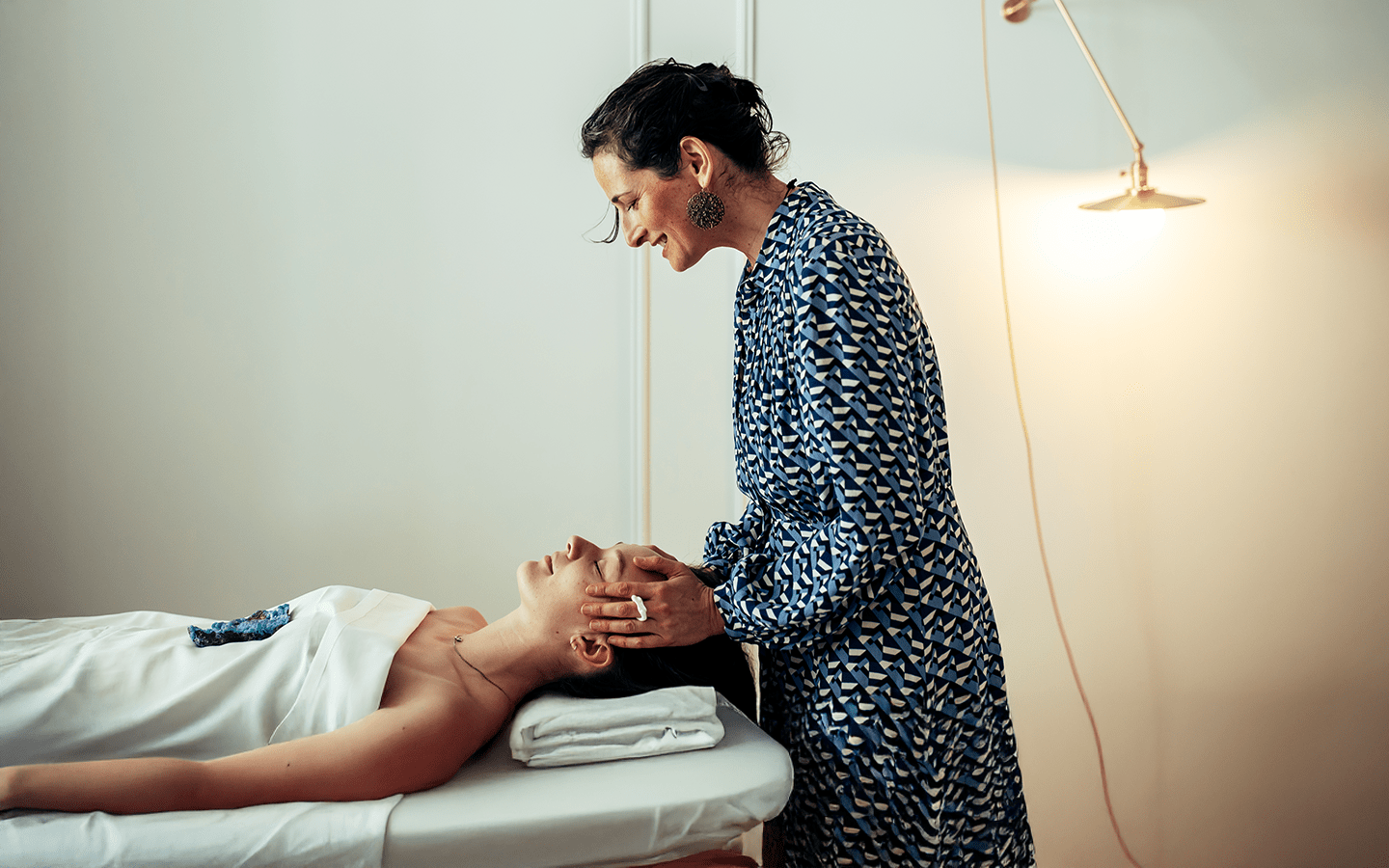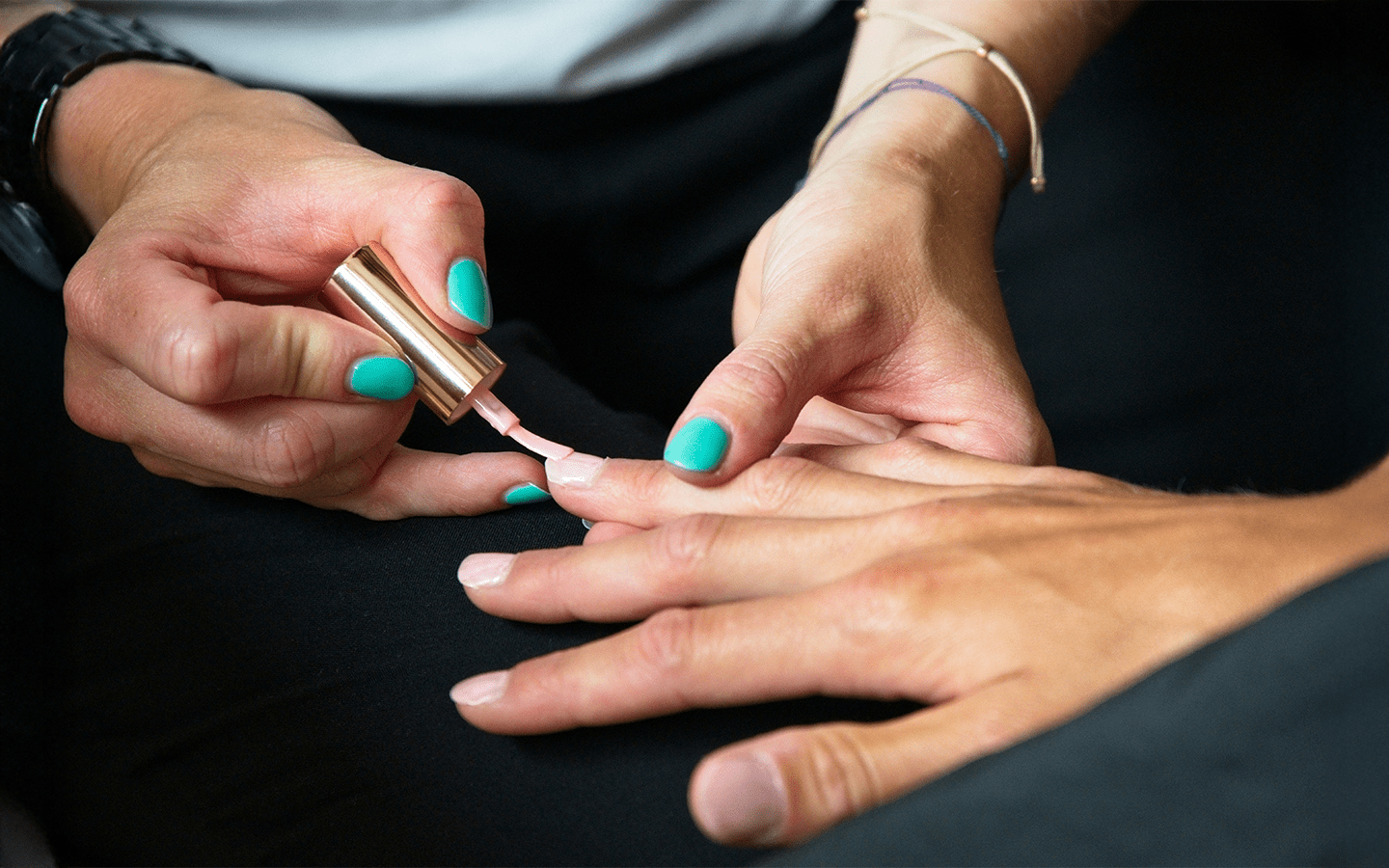
Why Do I Wake Up at The Same Time Every Night?
If you find yourself waking up at the same time every night, you're not alone. This common issue can be both puzzling and frustrating, especially when it disrupts your beauty sleep and impacts your vitality. Let's dive into the reasons behind this nightly phenomenon and explore some holistic solutions.
Key Highlights
- Waking up in the middle of the night, especially around the same time, is a common experience many people encounter.
- This can be caused by various factors, including stress, lifestyle choices, underlying health conditions, or even your body's natural sleep cycles.
- Traditional Chinese Medicine offers a unique perspective, linking these nighttime awakenings to energy meridians and specific times associated with different organ systems.
- Simple lifestyle changes, incorporating elements of Chinese Medicine like acupuncture or herbal remedies, can significantly improve sleep quality.
- Understanding your sleep patterns and potential triggers is the first step toward achieving restful nights and energized days.
Introduction
Our bodies follow a complex sleep cycle set by our internal clock, known as the circadian rhythm. This rhythm tells us when to feel sleepy and when to be awake. Sometimes, this rhythm can get thrown off, causing those annoying nighttime awakenings that happen to a lot of people. Let’s look at the science behind this and how understanding it can help us sleep better.
The Science Behind Waking Up at the Same Time Every Night
Many things can cause nighttime awakenings. The main reason involves how our sleep cycles work with our surroundings and our body. Throughout the night, we move through different sleep stages. Some are lighter, and some are deeper.
These changes are not always easy. Stress, health issues, or even how much light is in your room can make your brain wake up from deeper sleep. You might find yourself wide awake at 3 am due to environmental factors. Over time, these awakenings can happen often, as your body learns to expect waking up at the same time every night.
Understanding Your Body's Internal Clock
Our bodies work on a 24-hour cycle called the circadian rhythm, which is like our internal clock. This rhythm affects many functions in our bodies, such as sleep-wake cycles, hormone release, and body temperature.
Light is very important for keeping our circadian rhythm in check. When we see daylight, it tells our brains to be awake and alert. When it gets dark, our bodies release melatonin, a hormone that helps us sleep.
When our circadian rhythm is working well, we sleep better and wake up feeling refreshed and full of energy. If this natural rhythm gets disrupted by things like working night shifts, jet lag, or too much light at night, it can make it hard to sleep, resulting in daytime sleepiness. This can lead to sleep problems.
The Role of Sleep Cycles in Nighttime Awakenings
Throughout the night, we go through different sleep stages. Each stage helps our body recover in special ways. These stages usually follow a set order. We start with light sleep, then move into deeper sleep, and finally, we reach REM sleep, where we dream.
At the beginning of the night, deep sleep is common. This stage has slow brain waves and our bodies work less. As the night goes on, we have more REM sleep, and our sleep becomes lighter. This means it can be interrupted more easily.
It is normal to wake up during lighter sleep. But if we keep waking up around the same time, especially during deep sleep times, it may mean something is affecting our sleep.
Traditional Chinese Medicine Perspective on Nocturnal Awakenings
Traditional Chinese Medicine (TCM) sees the body as a system made up of connected parts. It talks about energy, known as "Qi," which flows through paths referred to as meridians. Each meridian is linked to a specific organ system. These systems have times of high activity and times of rest in a 24-hour cycle.
Practitioners of TCM believe that if the flow of Qi is blocked, it can lead to sleep problems, such as waking up at the same time each night.
Energy Meridians and Their Impact on Sleep
TCM says that each organ has a corresponding meridian. This is a pathway that controls its function. These meridians work best at certain times of day and night. If these pathways are blocked or not balanced, they can stop the flow of Qi. This can impact different body functions, including sleep.
For example, waking up often between 1 am and 3 am might mean there is liver Qi stagnation. This could happen due to stress, frustration, or eating habits. TCM experts think that fixing these issues with acupuncture, herbs, and lifestyle changes can help restore good Qi flow and improve sleep quality, as well as reduce symptoms of heartburn and other gastric issues.
Similarly, waking up regularly between 3 am and 5 am may suggest a problem with the lung meridian. This could be connected to feelings of sadness, grief, or breathing issues.
The Significance of Specific Wake-Up Times
TCM connects specific wake-up times with different organ systems. This can help you understand possible imbalances in your body that may cause sleep problems. While this is not a substitute for medical advice, knowing these links can help you find the right support.
For instance, if you often wake up between 1 am and 3 am, this relates to the Liver meridian. According to TCM, the Liver helps with emotional balance and detoxifying the body. High emotional stress or a clogged detox system may be causing your sleep issues.
If you wake up between 3 am and 5 am, this is linked to the Lung meridian. The Lungs are in charge of breathing and are connected to feelings of grief and sadness in TCM. It might be helpful to deal with any emotional pain or breathing problems while you work on your sleep pattern.
Common Factors Contributing to Nighttime Awakenings
Our bodies have internal clocks, and many things can cause us to wake up at night. It's important to know these issues so we can sleep better.
Here are some common reasons that may be affecting your sleep: stress that doesn't go away, changing hormones, and what we eat. Knowing how these factors influence our sleep can help us make good choices for a better night’s rest.
Stress and Its Effects on Sleep Patterns
High-stress levels can really hurt our sleep. When we feel stressed all the time, our bodies stay alert. This makes it hard to fall asleep or stay asleep at night.
Stress hormones, like cortisol, also make things worse. High cortisol levels disrupt the production of melatonin. Melatonin is the hormone that controls our sleep-wake cycle. When this balance is off, our sleep patterns can get messed up.
To improve sleep hygiene, try adding stress-reducing activities to your day. Things like exercise, meditation, or deep breathing can help a lot. Focusing on relaxation techniques before bedtime can calm your mind. This helps your body get ready for better sleep.
Hormonal Imbalances and Women's Health
Fluctuating hormone levels can affect sleep quality, especially in women. Conditions like the menstrual cycle, pregnancy, and menopause cause these hormone changes.
During perimenopause and menopause, estrogen levels drop. This often leads to hot flashes and night sweats. These events can wake you up at night and make it hard to fall back asleep.
If you think hormone imbalances are causing your sleep problems, talk to your healthcare provider. They can help find out what is wrong and suggest treatments or lifestyle changes. This can help you regulate your hormones and get better sleep at night.
Dietary Habits Influencing Sleep Quality
What we eat, especially close to bedtime, can really change how well we sleep. Eating heavy meals, spicy foods, or sugary snacks before bed can cause problems like acid reflux. This can lead to uncomfortable nighttime awakenings.
Caffeine and alcohol might seem like they help you relax, but they can hurt your sleep. Caffeine is a stimulant that can make falling asleep harder. Alcohol can make you feel drowsy but disrupts the later stages of sleep, causing more broken sleep.
If you choose your meals carefully during the day, especially before bed, your sleep quality can get better. Eating lighter dinners, cutting back on caffeine and alcohol, and drinking plenty of water can really help.
Practical Tips for Improving Sleep from a Chinese Medicine Viewpoint
If you often wake up at night and want to stop it, Traditional Chinese Medicine (TCM) could help. TCM takes a whole-person approach to better sleep. It looks at both your body and your energy.
Here are some helpful tips: you can try more natural methods like acupuncture and herbs. You can also make small but useful changes in your life. Traditional Chinese Medicine gives you great tools to enjoy peaceful nights and a more balanced life.
Acupuncture and Herbal Remedies
Acupuncture is an important part of Traditional Chinese Medicine (TCM). It involves putting tiny needles at certain points on the body. This helps energy flow and brings balance. For sleep problems, acupuncturists focus on points that can calm the nervous system, lower stress, and help you relax.
Herbal remedies also play a key role in TCM for sleep issues. Many herbs can calm you and help you sleep better. TCM experts often make special herbal mixes just for you, based on your health and individual needs.
If you want to try acupuncture or Chinese herbal medicine for better sleep, talk to a licensed TCM practitioner. They can provide treatments tailored to your needs.
Lifestyle Adjustments for Better Sleep
Beyond using specific treatments, Traditional Chinese Medicine (TCM) focuses on making changes in your daily life to help improve sleep. Sticking to a regular sleep schedule, even on weekends, helps your body know when to sleep and when to wake. This makes it easier for you to fall asleep and get up in the morning, but for those who struggle with insomnia or other sleep issues, cognitive behavioral therapy and other lifestyle adjustments may also be beneficial.
Having a relaxing bedtime routine tells your body it's time to settle down. You might dim the lights, take a warm bath, read a book, or do some gentle stretches, such as yoga. Also, try to limit screen time for at least one hour before bed. This helps reduce blue light exposure, which can stop your body from making melatonin.
It's important to set up a good sleeping area. A cool, dark, and quiet space is best for restful sleep. Things like blackout curtains, earplugs, or a white noise machine can help reduce distractions from light and noise so you can get better sleep.
Breathing Exercises and Meditation Techniques
TCM focuses on how breath, mind, and body are connected. Adding breathing exercises and meditation to your daily life can greatly help your sleep. This is because these practices calm the nervous system, lower stress, and soothe the mind.
Doing these exercises before bed helps create peace, getting both your body and mind ready for good sleep.
- Diaphragmatic Breathing (Belly Breathing): This easy technique means breathing deeply into your belly. Let your stomach expand as you breathe in and gently pull it in as you breathe out.
- 4-7-8 Breathing Technique: For this, breathe in deeply through your nose for 4 seconds, hold it for 7 seconds, and then breathe out through your mouth for 8 seconds.
- Mindfulness Meditation: Sit comfortably, and pay attention to your breath. Notice its natural rhythm without judging it. If thoughts come to mind, notice them and softly return your focus to your breath.
What’s Next
Waking up at the same time every night can be more than just an inconvenience; it can affect your overall well-being.
Your body is always communicating with you. Pay attention to the signals it sends and reflect on any emotional or physical imbalances that might be contributing to your sleep issues.
By understanding the potential causes and exploring holistic solutions, you can take steps toward better sleep and improved vitality.
Remember, your body has an incredible capacity for healing—sometimes, it just needs a little support.
If you're struggling with sleep issues and would like personalized guidance, feel free to reach out to me through my website or Instagram. Let's work together to help you feel better in your body and about yourself.
Frequently Asked Questions
Why do I wake up at the same time every night according to Chinese medicine?
Traditional Chinese Medicine says that waking up at night, especially at the same times, may show problems with energy in certain meridians tied to our organs. These issues in energy flow can be affected by our body clock and any health problems we might have. This can lead to changes in our sleep pattern.
Can changing my diet improve my sleep patterns?
Changing what you eat can help you sleep better. If you stay away from big meals, spicy foods, caffeine, and alcohol before bed, it can stop sleep problems like acid reflux. This can lead to better sleep quality and fewer nighttime awakenings.
Are there specific acupuncture points for better sleep?
Acupuncture focuses on certain points that can help with sleep problems. These points are usually found on the head, ears, and arms or legs. The goal is to relax the nervous system, lower stress, and improve sleep quality.
How can meditation and breathing help with insomnia?
Meditation and breathing exercises are great tools for helping with insomnia. They calm the mind and lower stress levels. This can help you relax and improve sleep quality. These practices might even help you deal with chronic insomnia.













